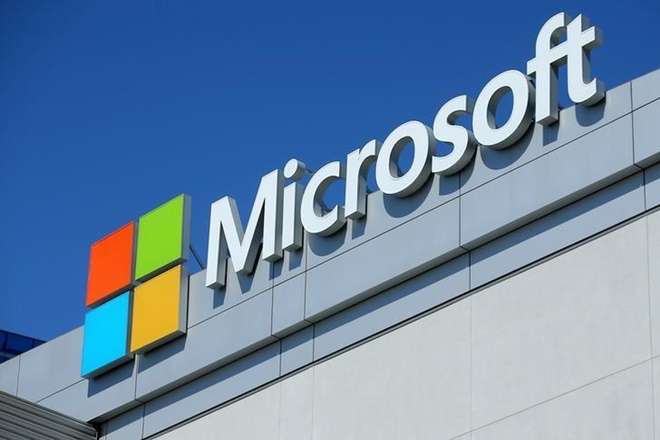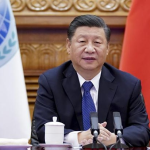Obtaining control of the malicious websites and redirecting traffic from those sites to Microsoft’s secure servers will help the company protect existing and future victims while learning more about Nickel’s activities….reports Asian Lite News
Microsoft has disrupted the activities of a China-based hacking group, gaining control of the malicious websites the group used to attack organisations in the US and 28 other countries around the world.
The Microsoft Digital Crimes Unit (DCU) said in a statement that a federal court in Virginia granted its request to seize websites of the hacking group called ‘Nickel’, enabling the company to cut off Nickel’s access to its victims and prevent the websites from being used to execute attacks.
“We believe these attacks were largely being used for intelligence gathering from government agencies, think tanks and human rights organisations,” said Tom Burt, Corporate Vice President, Customer Security and Trust at Microsoft.

Obtaining control of the malicious websites and redirecting traffic from those sites to Microsoft’s secure servers will help the company protect existing and future victims while learning more about Nickel’s activities.
“Our disruption will not prevent Nickel from continuing other hacking activities, but we do believe we have removed a key piece of the infrastructure the group has been relying on for this latest wave of attacks,” Burt said late on Monday.
To date, in 24 lawsuits – five against nation-state actors — Microsoft has taken down more than 10,000 malicious websites used by cybercriminals and nearly 600 sites used by nation-state actors.
“We have also successfully blocked the registration of 600,000 sites to get ahead of criminal actors that planned to use them maliciously in the future,” the tech giant informed.
In some observed activity, Nickel malware used exploits targeting unpatched on-premises Exchange Server and SharePoint systems.
“However, we have not observed any new vulnerabilities in Microsoft products as part of these attacks. Microsoft has created unique signatures to detect and protect from known Nickel activity through our security products, like Microsoft 365 Defender,” the company noted.
Nickel has targeted organisations in both the private and public sectors, including diplomatic organisations and ministries of foreign affairs in North America, Central America, South America, the Caribbean, Europe and Africa.













